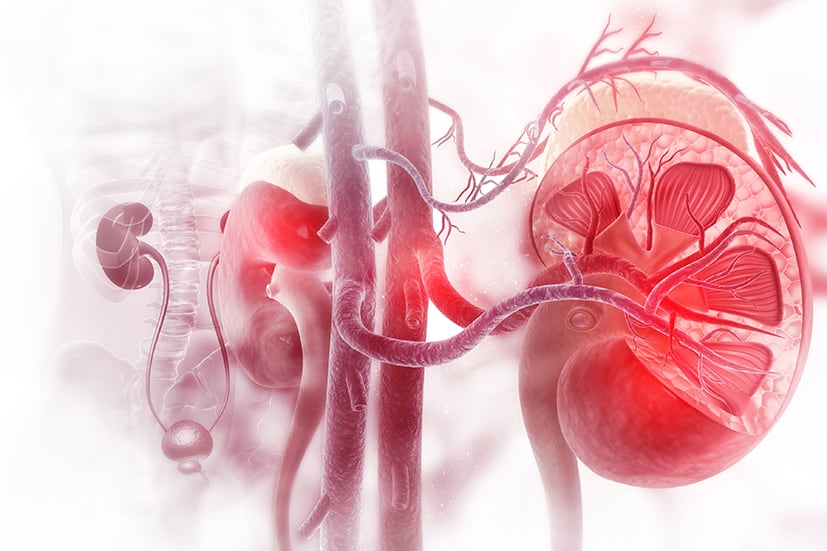The U.S. Food and Drug Administration (FDA) has granted orphan drug designation (ODD) and rare pediatric disease designation (RPDD) to Arbor Biotechnologies’ ABO-101 for the treatment of primary hyperoxaluria type 1 (PH1).
The designations closely follow the FDA’s clearance of the investigational new drug (IND) application for the novel gene editing therapeutic in December 2024.
PH1 is a rare genetic kidney disease associated with an overproduction of oxalate that often presents in children, causing kidney stones, kidney damage, and eventual kidney failure.
The FDA’s ODD and RPDD programs are designed to support the development and evaluation of new treatments for serious and life-threatening rare diseases affecting fewer than 200,000 people (ODD) or children under 18 years of age (RPDD). The FDA orphan drug and rare pediatric disease designations qualify Arbor for various incentives including tax credits and exemption from certain FDA application fees, as well as the potential for market exclusivity and eligibility for a pediatric priority review voucher upon approval.
“ABO-101 receiving rare pediatric disease and orphan drug designations from the FDA for the potential treatment of PH1 underscores the urgent need for novel treatment options,” said Dan Ory, M.D., Chief Medical Officer of Arbor Biotechnologies. “As Arbor advances ABO-101 into the clinic with the initiation of the redePHine Phase 1/2 clinical study, these designations reinforce the potential of ABO-101 to deliver lasting disease modification as a first-in-class gene editing therapy for PH1.”


